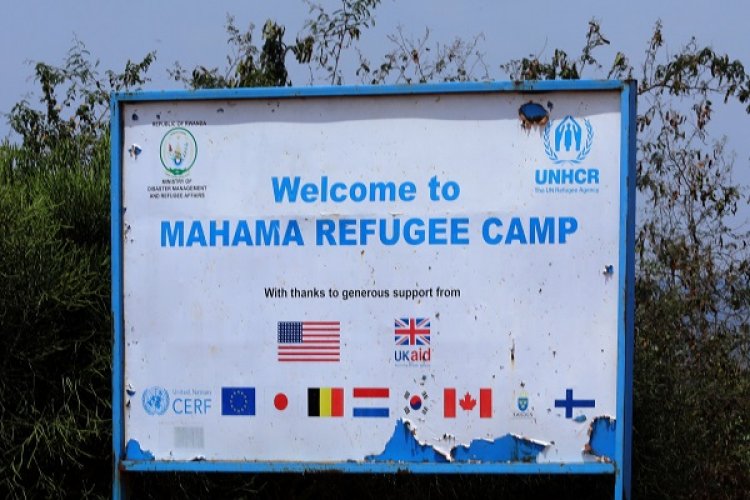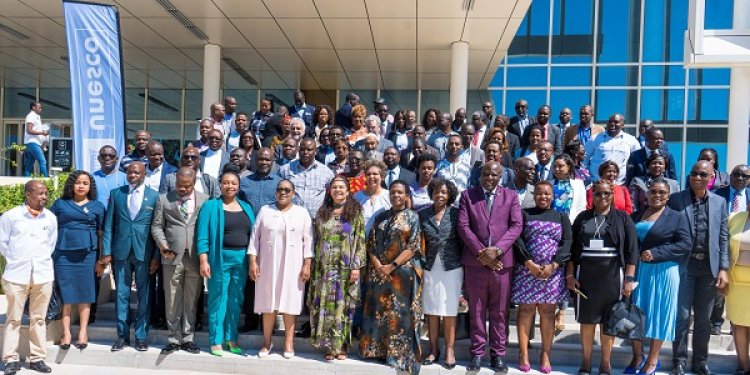African leaders, citizens and interest groups are expected to convene at first-ever continent wide gathering in Kigali, Rwanda (July 18-23) to unlock growing financing gaps for preservation of wildlife and woodlands resources across the countries.
The summit, dubbed Africa Protected Areas Conference (APAC), is happening at a time the wildlife economy is grappling with both the Covid-19 toll and emerging threats such as poaching, illegal wildlife trade and others, threatening to reverse gains made over the years.
Conservation experts at the African Wildlife Foundation (AWF) say the continent currently needs between $2.6 billion to $6.7 billion annually if it is to keep its national parks and reserves preserved.
“The situation is, unfortunately, getting worse, with habitat loss and conversion leading to the concerns. When just about any land use is a preferred use for conservation, we risk destroying the very fabric of life that sustains us on this planet,” Andrea Athanas, Senior Director, Business Engagement and Programs Development told this publication.
“We read daily about the consequences of these decisions – floods and droughts happening simultaneously in different parts of the continent are leading to food scarcity and risking people’s lives and livelihoods.”
The situation is, unfortunately, getting worse, with habitat loss and conversion leading to the concerns. When just about any land use is a preferred use for conservation, we risk destroying the very fabric of life that sustains us on this planet.
Andrea Athanas, AWF Senior Director, Business Engagement and Programs Development
Conservation fund
The organization is mulling to mobilise funds using the just-initiated conservation financing mechanism dubbed A-PACT, a Pan-African conservation trust expected to help unlock financing for the entire protected and conserved area estate on the continent.
Officials told RwandaPost that the initiative is still in its design phase, hence “there is no plan to capitalize the fund during the upcoming summit in Kigali, though of course support for Africa’s protected area estate is very urgently needed.”
There is estimated 6 million square kilometers of land and sea under conservation management across the continent, according to official data.
Experts, therefore, say that based on average of management costs per square kilometre, and considering there are over 6 million square kilometres of protected and conserved areas across Africa, the annual costs of managing the entire conservation estate range from $2.6 billion to $6.7 billion annually.
However, according to AWF, this amount would go up with an increase in the number and size of protected areas.
But conservationists also say there is possibility of reducing these costs by investing in support for communities living in and around protected areas to enable people to prosper, thus reducing pressures on parks from poaching and unsustainable harvesting.
“We seek to prioritise the landscape approach that focus on the people and communities to reduce the cost burden of protected areas. Any protection and conservation that has not put people at the center has not and will not be successful,” the A-PACT Steering Committee chairperson Hailemariam Desalegn, the former Prime Minister of Ethiopia told a media conference on June 16.
Severe cuts
The traditional model of raising money that fund conservation activities, which is largely pegged on tourism revenues proved to be fragile when the coronavirus pandemic hit, resulting in dramatic decline in tourism receipt—a chunk of which was injected into paying workers and catering for livelihoods in communities.
Countries have also been using donor money which also declined significantly.
This resulted in severe cuts in funding for conservation, further exposing wildlife and woodlands resources to threats.
AWF officials estimate that as countries in Africa embark on their respective ambitious development trajectory, the continent stands to lose a significant proportion of its biodiversity value in the immediate future if no concrete measures are taken to prioritize conservation in plans.










